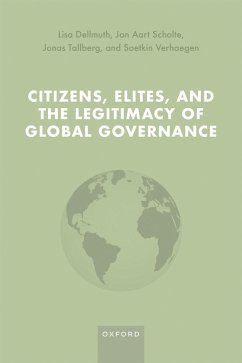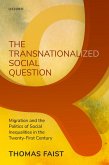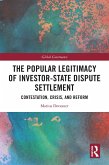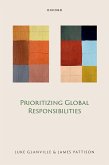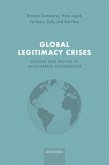This is an open access title available under the terms of a CC BY-NC-ND 4.0 International licence. It is free to read at Oxford Scholarship Online and offered as a free PDF download from OUP and selected open access locations. Citizens, Elites, and the Legitimacy of Global Governance offers the first full comparative study of citizen and elite legitimacy beliefs toward global governance. Empirically, it provides a comprehensive analysis of public and elite opinion toward global governance, building on two uniquely coordinated surveys covering multiple countries and international organizations. Theoretically, it develops an individual-level approach, exploring how a person's characteristics in respect of socioeconomic status, political values, geographical identification, and institutional trust shape legitimacy beliefs toward global governance. The book's central findings are three-fold. First, there is a notable and general elite-citizen gap in legitimacy beliefs toward global governance. While elites on average hold moderately high levels of legitimacy toward international organizations, the general public is decidedly more skeptical. Second, individual-level differences in interests, values, identities, and trust dispositions provide significant drivers of citizen and elite legitimacy beliefs toward global governance, as well as the gap between them. Most important on the whole are differences in the extent to which citizens and elites trust domestic political institutions, which systematically shape how they assess the legitimacy of international organizations. Third, both patterns and sources of citizen and elite legitimacy beliefs vary across organizations and countries. These variations suggest that institutional and societal contexts condition attitudes toward global governance. The book's findings shed important light on future opportunities and constraints in international cooperation, suggesting that current levels of legitimacy point neither to a general crisis of global governance nor to a general readiness for its expansion.
Dieser Download kann aus rechtlichen Gründen nur mit Rechnungsadresse in A, B, BG, CY, CZ, D, DK, EW, E, FIN, F, GR, HR, H, IRL, I, LT, L, LR, M, NL, PL, P, R, S, SLO, SK ausgeliefert werden.

